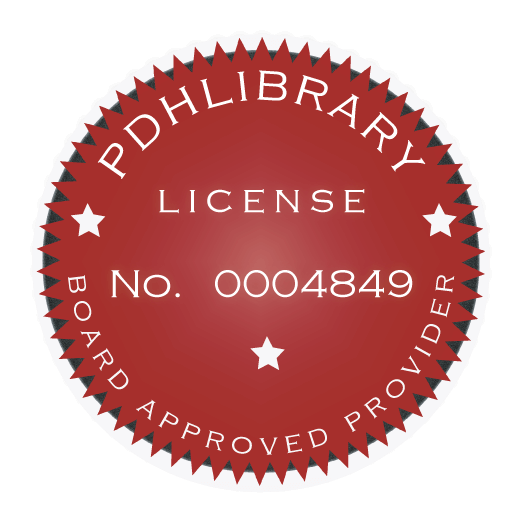Course Description:
Focused on the Code of Ethics established by the American Society of Civil Engineers (ASCE), the course delves into the intricacies of interpreting and applying ethical principles within the context of civil engineering. By scrutinizing the ASCE Code of Ethics section by section, participants not only become acquainted with specific ethical standards but also develop the skills to interpret and apply these principles judiciously. This detailed examination prepares engineers to navigate the ethical complexities inherent in civil engineering, fostering a culture of responsibility and integrity within the engineering community. Throughout the course, participants gain practical insights, real-world examples, and tools necessary to confidently navigate ethical dilemmas, contributing to a culture that prioritizes responsibility and ethical decision-making.Course Outline:
This comprehensive online course is tailored to provide participants with an in-depth understanding of engineering ethics, focusing on the Code of Ethics established by the American Society of Civil Engineers (ASCE). This course goes beyond theoretical concepts, offering a practical guide for interpreting and applying ethical principles within the dynamic context of civil engineering. By scrutinizing the ASCE Code of Ethics section by section, participants not only familiarize themselves with specific ethical standards but also cultivate the skills to judiciously interpret and apply these principles in their professional endeavors. This course is a transformative journey, preparing engineers to navigate the intricate ethical landscape inherent in civil engineering, and fostering a culture of responsibility and integrity within the engineering community.This course includes a multiple-choice quiz at the end, which is designed to enhance the understanding of the course materials.
Learning Objectives:
At the conclusion of this course, engineers will learn the following:• Define key concepts in engineering ethics.
• Identify and articulate ethical principles that govern the conduct of engineers.
• Analyze the historical development of engineering codes of ethics.
• Evaluate the purpose and significance of engineering codes of ethics, with a focus on the ASCE Code.
• Conduct an in-depth examination of each section of the ASCE Code of Ethics.
• Extract explicit guidelines and underlying ethical considerations from each section.
• Apply ethical standards to real-world scenarios and case studies.
• Develop the skills to interpret and apply ethical principles judiciously in professional practice.
• Explore influencing factors that shape ethical decision-making in engineering.
• Balance competing ethical considerations through analysis of case studies.
• Evaluate safety standards, risk assessment methodologies, and safety considerations in engineering projects.
• Determine safety limits by considering project-specific variables, regulatory requirements, and technological advancements.
• Bridge the gap between theoretical knowledge and practical application in ethical decision-making within civil engineering.
• These learning objectives aim to equip participants with a deep understanding of engineering ethics, the ability to navigate the ASCE Code of Ethics, and practical skills for ethical decision-making in real-world engineering contexts.

